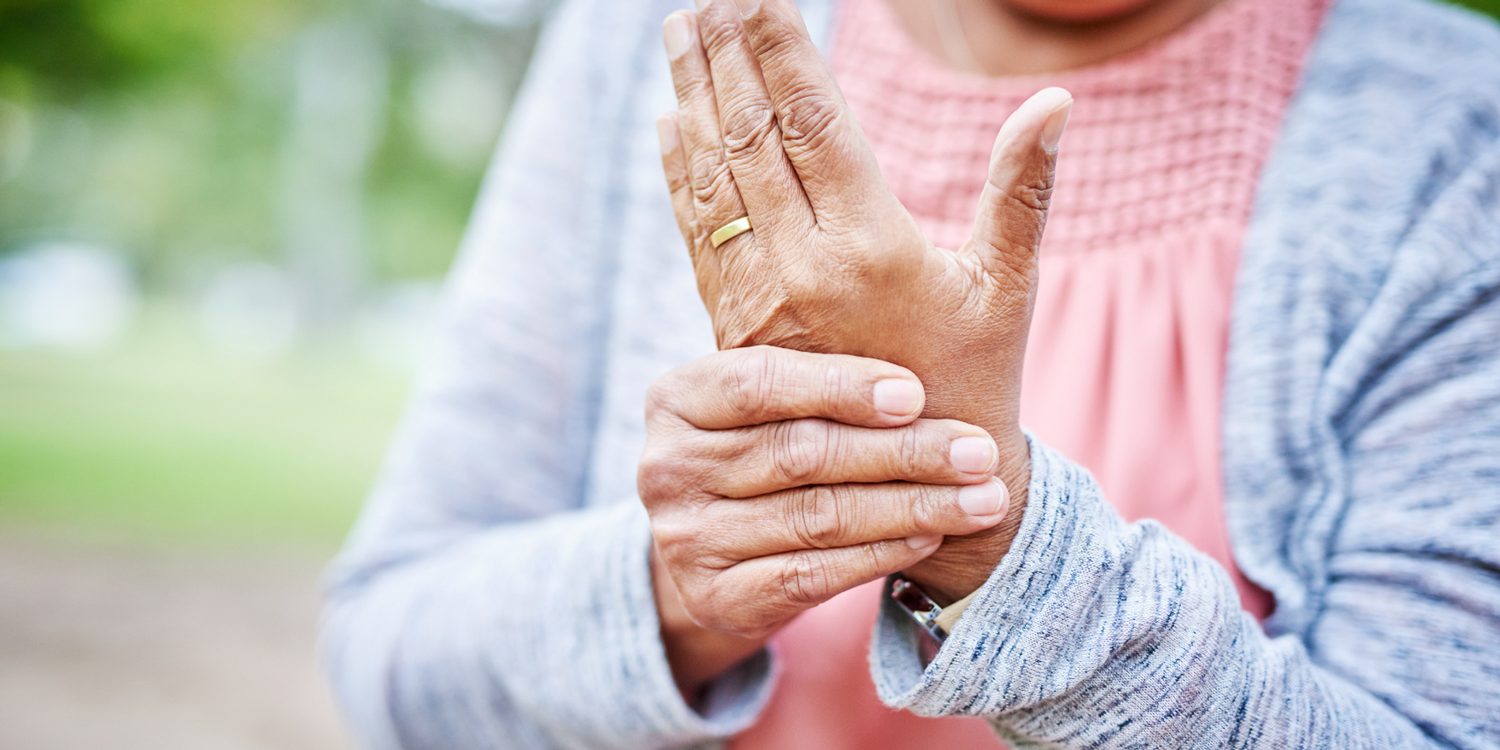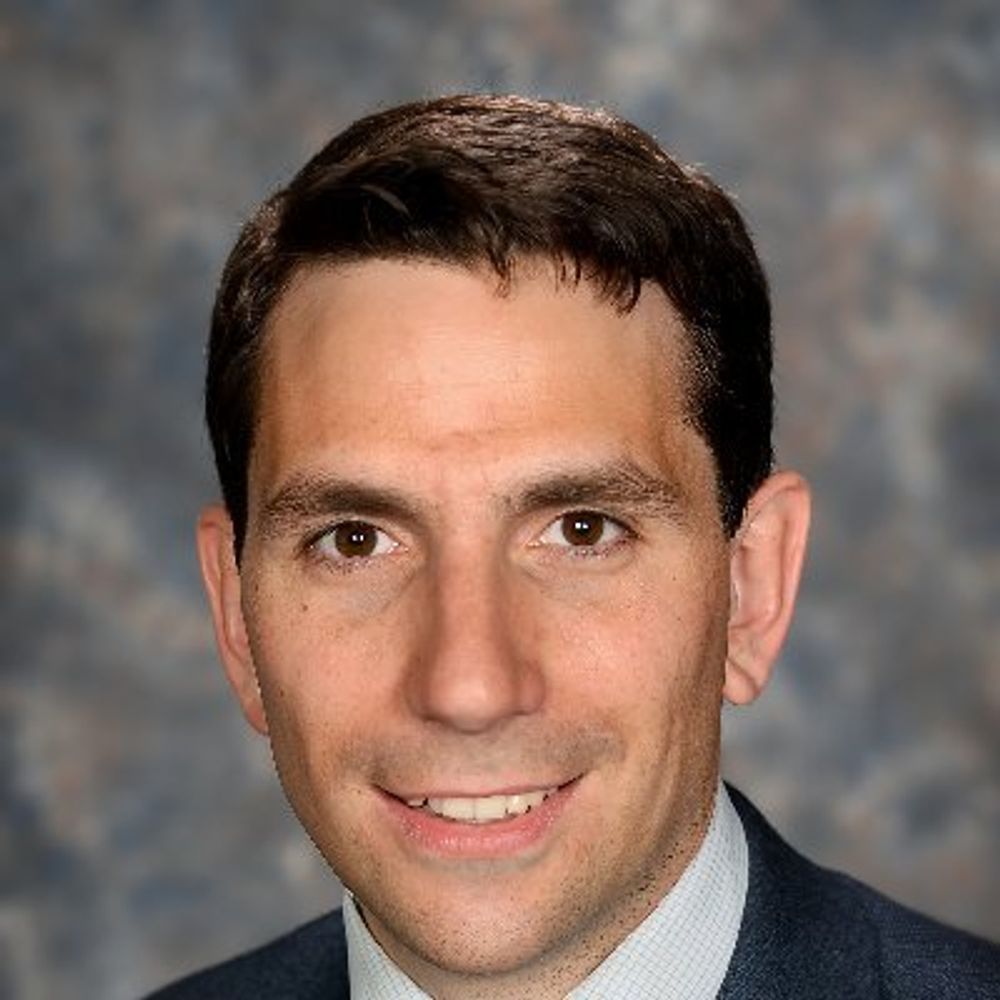28 Jul 2025
Feel free get in touch with us via email or social media.
© UEA. All rights reserved. University of East Anglia, Norwich Research Park, Norwich, Norfolk, NR4 7TJ, UK
Bridging the Gap: Understanding Social Care Needs in Rheumatoid Arthritis


Dr Max Yates, Clinical Professor and Honorary Consultant Rheumatologist. I am a clinical academic which means I practice as a doctor and am research active undertaking research studies with a particular focus on rheumatic disease epidemiology.
Living with rheumatoid arthritis (RA) goes far beyond managing physical symptoms brought about through chronic inflammation due to autoimmunity. However, RA affects not only joints but also the social and emotional well-being of patients. Despite advances in medical treatments which have transformed disease control over the past two decades, the everyday challenges faced by people living with RA often remain overlooked – especially the social care support they need to live well in their communities.
This is where our research, under the SOCRA (Social Care in Rheumatoid Arthritis) project, steps in. At its core, SOCRA seeks to understand how people living with RA access and experience social care services, both formal (such as homecare professionals) and informal family and friends). Why does this matter? Because informal care – unpaid support from loved ones – is a critical, yet often invisible, component of care that greatly impacts quality of life. Our research aims to quantify and characterise this hidden part of the care landscape.
One of the exciting aspects of SOCRA is that it’s a practice-led, patient-centred project. By collaborating closely with patients, carers, local authorities, and clinical teams, we’ve developed surveys and data-linkage approaches that bring real-world insight into the long-term care needs of people with RA. Importantly, this project leverages unique resources like the Norfolk Arthritis Register, combined with local social care data, to paint a fuller picture of howcare is delivered outside hospital walls. Also, through our long-term collaboration with colleagues at the University of Manchester we were able to compare and contrast how these care needs differed between these parts of the country.
Why is this work timely? The Covid-19 pandemic accelerated the shift of RA care from hospitals into the community. This rapid change has highlighted gaps in coordinated social care, especially for vulnerable patients who rely heavily on informal networks of support. Our findings so far reveal that many patients still require significant assistance with daily living activities, predominantly provided by family and friends, yet formal social care funding remains limited and unevenly distributed.
By uncovering these patterns, SOCRA not only contributes to academic knowledge but also offers practical recommendations to policymakers and service providers. The goal is to ensure that patients with RA receive the right mix of support – reducing inequalities, easing caregiver burden, and ultimately improving patient wellbeing.
Reflecting on the broader picture, SOCRA exemplifies the power of practice-led, clinical research in addressing pressing healthcare challenges. By grounding research in patient experiences and local service realities, projects like our can drive meaningful change – ensuring that health and social care systems evolve to meet the complex needs of chronic disease populations.
I’m grateful for the support of UEA Health and Social Care Partners, which has enabled this important work. Together, we’re striving for a future where people living with RA can access seamless, compassionate care that truly supports their independence and quality of life. This work continues with Norfolk Office of Data Analysis (NODA) to ensure that this information is captured to the benefit of patients and wider healthcare economy.
Related News & Events
No results, please try changing the filters
Stay up to date
Subscribe to our newsletter to receive news on the latest updates and projects in health and social care research.